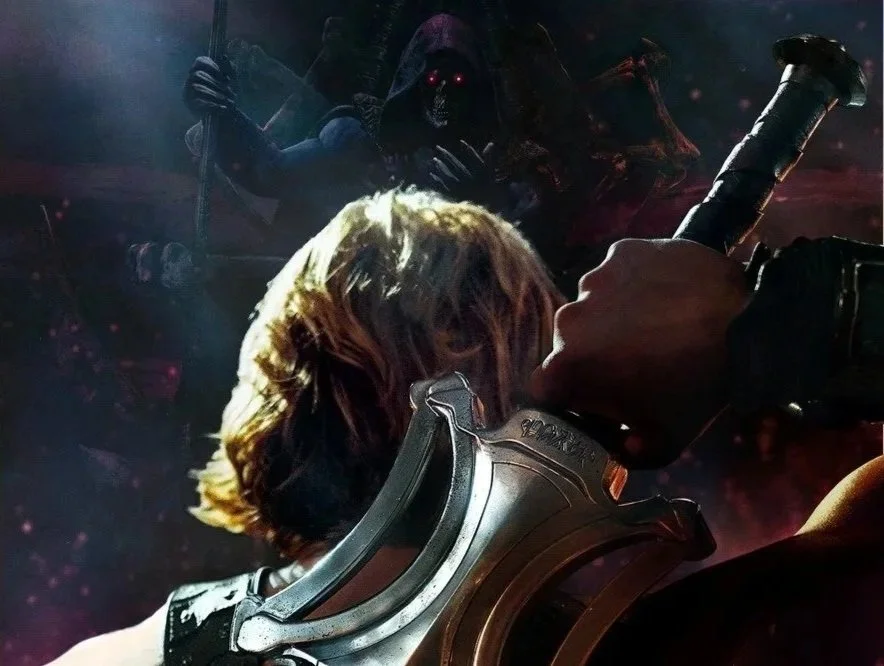Kingdom of the Planet of the Apes Review
The Planet of the Apes franchise officially swings back into theaters with Kingdom of the Planet of the Apes, bringing high expectations after the results of its predecessors. And with plenty of strong attributes along with a few recurring franchise hiccups, the film mostly does its job of ushering in an intriguing new era for the popular sci-fi IP.
A Fresh Setting Somewhat Marred by Familiarity
The visual splendor that the Kingdom of the Planet of the Apes delivers is undeniable. The lush landscapes, intricately designed ape colonies, and dystopian cityscapes create a visually arresting experience that immerses the audience in this post-apocalyptic world. Yet, amidst this new setting, there lingers a sense of déjà vu that hovers over the narrative.
While the film attempts to carve out its unique identity, it inadvertently stumbles into territories already explored in earlier entries of the franchise. The balance between novelty and homage is delicately maintained but might leave avid fans of the series yearning for more innovation and originality. For taking place several centuries after the last chapter, this basically feels — well, the same in more ways than one.
Decent Characters with Standout Moments
One of the film's significant setbacks is its use of these new characters, who, for the most part, fall prey to traditional genre storylines. The central characters, including the primates and their unlikable human counterpart, struggle to break free from the constraints of predictability, often rendering their arcs somewhat monotonous.
However, where Kingdom of the Planet of the Apes tends to fumble (across the franchise) is in its handling of an MVP who’s facing their demise. Yes, these moments inject a raw emotional intensity but also detract from any potential growth to occur. We won’t spoil which death, but if you know, you know.
An Improvement, Yet Not the Strongest Link
While Kingdom of the Planet of the Apes marks a step up from its predecessor, it falls short of reaching the pinnacle of the franchise's glory days of the first two entries. The film excels in certain aspects, such as world-building and action sequences, but struggles to maintain a consistent momentum throughout its runtime.
The plot meanders at times, grappling with pacing issues that hinder the overall impact of the narrative. Despite these shortcomings, the film showcases a newfound maturity and understanding of the core themes that have defined the series, hinting at a promising direction for future installments. Still, the established storyline moving forward doesn’t grasp the scope of everything we could do with this sci-fi universe.
Exploring Core Elements with Room for Growth
At its heart, Kingdom of the Planet of the Apes delves into profound themes of survival, coexistence, and the eternal struggle for power. These core elements serve as the beating heart of the franchise, urging audiences to reflect on the complexities of the human-animal dynamic and the consequences of unchecked ambition. While the film stumbles in fully realizing the depth of these themes, it teases glimpses of a narrative potential that begs further exploration.
With a refined approach, future installments could elevate these core elements to new heights, providing a more nuanced and engaging storyline for fans to sink their teeth into.
Score: 6/10
Kingdom of the Planet of the Apes sits on a precarious precipice between innovation and familiarity, grappling with its own legacy while striving to carve out a distinct identity. With room for improvement and a foundation worth building upon, the Kingdom of the Planet of the Apes also sets the stage for what could be a renaissance of this beloved sci-fi saga.








